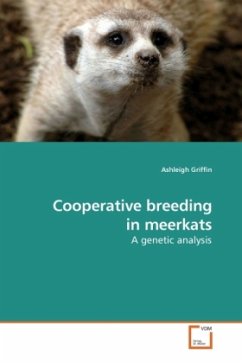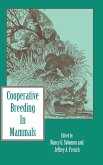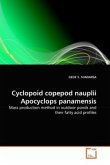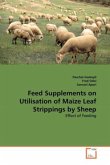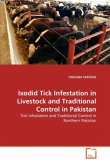Meerkats are able to survive in harsh desert conditions of southern Africa by living in closely-knit, cooperative societies that have captured the public imagination. They cooperate with one another to defend against predators, to forage and to raise offspring. A "babysitting" meerkat will starve for a whole day to guard a burrow containing pups, rather than join the rest of the group to forage. One of the first questions scientists asked, when attempting to understand self-sacrificing behaviour of meerkats in the light of Darwinian natural selection, was - whose genes are the offspring in the group carrying? Can babysitting behaviour be understood simply as parental care? This thesis describes work that was done to answer this question using genetic markers to calculate relatedness and parentage in meerkat groups in the Kalahari desert region of South Africa.
Bitte wählen Sie Ihr Anliegen aus.
Rechnungen
Retourenschein anfordern
Bestellstatus
Storno

